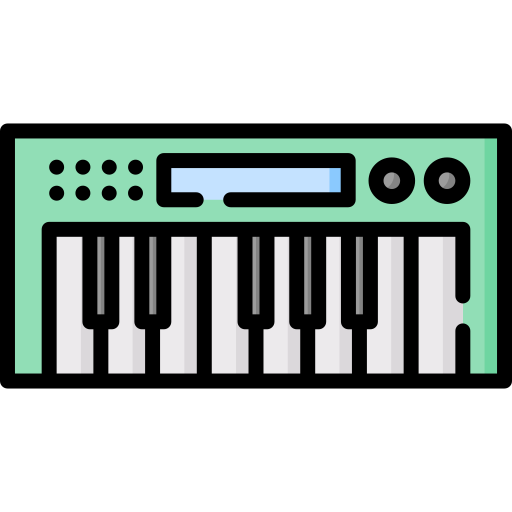Hello everyone, and welcome to our daily JLPT thread! Let’s hope we keep growing as a community. I’ve seen a lot of growth in this sub, and last thread even got one comment, which is already pretty impressive for such a grassroots place! Let’s talk about more Japanese grammar from now on!
本日の文法:JLPTN3の「~によって」
~によって Is a structure that you’re going to be seeing quite frequently throughout your Japanese journey. It is used in all sorts of contexts, from the very informal to the academic and highly complex. It has a few different meanings that are mostly unrelated to us, non-natives, so let’s take a look at them.
~によって As “depends”
If you’ve ever wondered how to give some nuance to your speech, によって is a great way to do it. Sentences like “depending on the circumstances” or “that depends on the weather” can be constructed using this structure.
A few example sentences for this could be
明日の天気によって、散歩に行きます。”We’ll go for a walk depending on tomorrow’s weather.”
どんな家族によって、子供の教育が変わっていきます。”A child’s education will change depending on their family”
~によって As “using / by means of”
Another common use of によって, is to indicate the means by which you achieve something. It can be similar to the particle で in some cases, but it might be perceived as a more formal alternative, frequently found in academia and formal writing. Let’s look at some examples:
人間は、言語によってコミュニケーションする。“Humans communicate using language.”
教科書によって、新しい知識を得ることができる。“You can obtain new knowledge using a textbook.”
Do keep in mind this does not replace the verb “to use” and it’s not equivalent. If you want to emphasize the usage aspect of that verb, you will need to use the verbs 使う or 使用する, and build a different structure. In these sentences we’re using によって because the mentioned nouns (言語 and 教科書 respectively) are a means of achieving something, and that’s what’s important. So always keep in mind “do I just want to say ‘use’ as a verb, or do I want to explain how this item helps me accomplish a particular goal?”
~によって As “by (authorship)”
This one is very simple, but still really important. In Japanese, when you want to mention the author of a specific work or text, as well as the person that brought a specific project to completion, you can use によって。Let’s look at some examples:
この面白いファンタジーシリーズは有名なイギリス人の作家によって書かれた。“This fun fantasy series was written by a famous English author.”
韓国人の漫画家によって描かれた漫画は日本の漫画と違うところがかなりあります。”Manga written by Korean authors is considerably different from Japanese manga."
~によって As “due to / as a consequence of”
Finally, we have another form frequently used in formal speech, particularly in news reports, journalism and similar scenarios. I frequently imagine reporters using this form to explain current or ongoing events. Here are some examples:
東京における今晩のイベントによって、会議が中止されました。“The meeting was canceled due to this evening’s event in Tokyo.”
25日の地震によって、国中のいくつかの道路が非公開になっております。“Several roads in the country have been closed to the public due to the earthquake on the 25th.”
These are the most common uses you’ll find for によって, though as always, try not to approach grammar as a 1:1 equivalent for English structures, and instead make sure you pay attention to the different contexts in which you’ll see it used, so you can get a better feel of how this structure works.
PD:
Let me know if any of you have a request for future structures or grammar that you think would be fun to discuss in its own thread, and I’ll be happy to oblige.
That would be all for today, hope everybody has a very nice day!
「によって」のことをよく聞いたけど、今まで徹底的理解してなかったので、素敵な説明にありがとうございます。
「によって」はよく使いますね!もし、他の文法の説明が欲しければ、是非教えてください!


